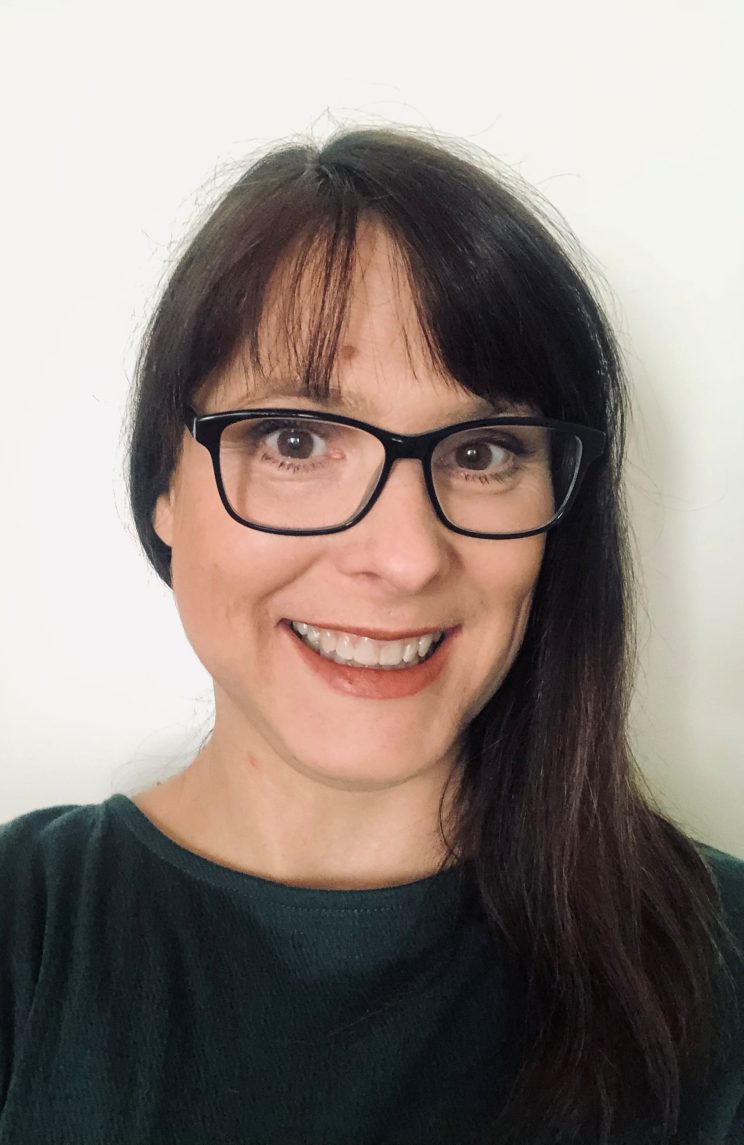Immunogenomics Flagship
Immunogenomics explores the application of genomic technologies to better understand the immune system and immune-related disorders.
Chronic autoimmune and inflammatory disorders and recurrent or severe life-threatening infections are more prevalent in Indigenous populations. Whilst contributors to this disparity are multifactorial, the impact of undiagnosed inborn errors of immunity (IEI) must be considered. IEIs are a group of >450, often life-threatening and inherited immune conditions associated with infectious susceptibility and immune dysregulation. Access to an accurate, timely diagnosis facilitates access to curative treatments.
Our clinical genomics programs (led by CIs Bryant, Slade, Gaff), have sequenced >500 children and adults with suspected immunodeficient and inflammatory disorders, identified novel IEI, delivered genetic diagnoses for 40% patients and precision therapy in those patients diagnosed. However, without a dedicated commitment to Indigenous genomics for immune disorders Indigenous Australians will miss out on the benefits of these advances.
The VIC Node team
Clara Gaff, Doug Hilton, Misty Jenkins, Shayne Bellingham, Vanessa Bryant, Zornitza Stark, Charlotte Slade, Sharon Atkinson, Sidney Ruthven, Tala Mitchell, Kerry Arabena, Louise Lyons
Victoria Node Co-ordinator: Belle Hart
The Victorian Node Team welcomes and acknowledges all collaborators whose work and drive help realise the ALIGN vision.
VIGC
The Victorian Indigenous Governance Committee members are as follows:
 Kate Brocker (Co-Chair)
Kate Brocker (Co-Chair)
Jill Gallagher [Proxy: Jim O’Shea (Co-Chair)]
John Gorton
Paul Patten
Shawana Andrews
Shayne Bellingham
Tala Michell
Two members of the VIGC will attend the ALIGN National Indigenous Governance Council meetings, this will be shared amongst the committee.
The Immunogenomics Flagship Goals
The Immunogenomics Flagship will develop a framework for sustainable access to genomic services and benefits from research for Indigenous Australians, addressing health inequality by:
- Building Indigenous leadership and capacity in immunogenomics research via multiple dedicated funded scholarships, fellowships, educational genomics workshops and internship programs for Indigenous researchers and clinicians;
- Identifying novel IEIs and pathogenic mechanisms of immune disease and infection via expanded multi-omic sequencing of retrospective and prospective cases, integration of Indigenous reference datasets in their discovery pipeline, and their functional genomics network; and
- Improve diagnostic rates in Indigenous peoples by exploring the extent to which the Victorian model of genetic service provision and follow-up supports meet the needs of Aboriginal patients and their families.
Uncovering novel mechanistic pathways also provides insights relevant to complex immune disease and will resolve how best to apply these discoveries to improve patient outcomes. The identification of the genetic basis of susceptibilities to severe infections endemic in some Indigenous populations provides pathways for future screening and early interventions.
In partnership with the Precision Medicine Flagship program, we will also examine the relationships in immune-mediated pathways for individuals with complex diseases like CVD and diabetes, including the potential role of innate and trained immunity, to define a pathway to benefit from genomics for Indigenous health.